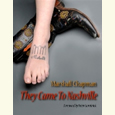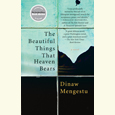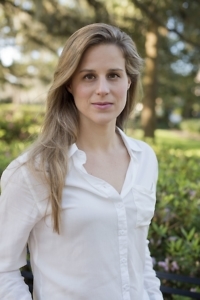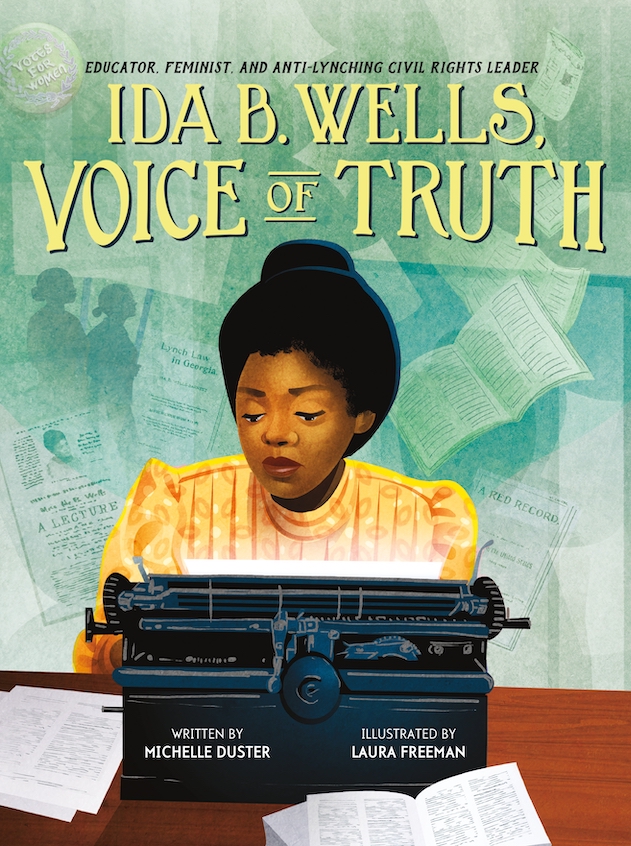Hello, Legendary Songwriter
Marshall Chapman talks with Chapter 16 about her new book, her new record, and her gig with Garden & Gun
Born and raised in Spartanburg, South Carolina, Marshall Chapman is one of Nashville’s most loved and revered singer-songwriters. To date, she has released ten critically acclaimed albums and has written songs for a laundry list of country and rock superstars, including Emmylou Harris, John Hiatt, Wynonna, Joe Cocker, Jimmy Buffett, Crystal Gayle, and Ronnie Milsap, among many others. Her first book, Goodbye, Little Rock and Roller was published in 2003 and was a finalist for both the 2004 SEBA Book Awards and the Southern Book Critics Circle Award.
Chapter 16: Your next book, They Came to Nashville, is coming out in spring 2010. Can you tell us a bit about what it holds in store?
 Chapman: Well, it’s sort of like my first one in that it’s non-fiction, and I tell stories.
Chapman: Well, it’s sort of like my first one in that it’s non-fiction, and I tell stories.
But instead of my songs being the springboard for stories, with this book, it’s songwriters. Fifteen songwriters, fifteen chapters. Each chapter has an introductory essay that segues into an interview. I basically asked every songwriter the same six questions. One was, “What mode of transportation brought you?” That was probably my favorite.
Chapter 16: Nashville is well known for being a songwriter’s town, and the table of contents of They Came to Nashville reads like a hall-of-fame induction list. How do you think Nashville, specifically as a songwriter’s town, has changed over the years?
Chapman: It’s just not as wild and woolly as it was in the late-60s/early-70s, which is when I arrived on the scene. I mean, dueling was still on the books back then. The cultural revolution was in full swing. We were trying to get away from our parents. Nowadays, it seems they come here with a briefcase in one hand and a guitar in the other. They have a plan. And often their families are involved.
Chapter 16: Since the debut of your memoir, Goodbye, Little Rock and Roller, you’ve been writing for short-story collections and also magazines. Where can readers find more of your work?
One day, out of the blue, I wrote “The night I met Billy Joe Shaver my hair caught on fire.” And that was it. The whole book just opened up before me.
Chapman: Right now, I’m a contributing editor for a magazine called Garden & Gun. I know … weird title, but it’s a pretty cool rag — sort of a cross between The Oxford American, Southern Living, and Field & Stream. After I finished my first book, I tried my hand at fiction. The first story I wrote got published in an anthology called Stories from the Blue Moon Cafe IV [edited by Sonny Brewer]. The story is called “Joe & Sheila.” It’s about an aspiring songwriter from a little town in Arkansas. He and his wife drive to Nashville and then something happens. After I wrote it, I was thinking it’d be cool to publish a collection of similar-themed stories and call it They Came to Nashville. So that’s how I came up with the title. But then I soon went back to writing non-fiction. One day, out of the blue, I wrote “The night I met Billy Joe Shaver my hair caught on fire.” And that was it. The whole book just opened up before me.
Chapter 16: You have some upcoming gigs at the Bluebird Cafe. Any plans for a new album?
Chapman: I’m going in the studio this fall. I really had no interest in ever recording again, but my closest friend in music, Tim Krekel, died June 24th after a brief battle with cancer. Just yesterday, I wrote a song about him. It’s like my soul seems to be crying out for music right now. Sitting at the computer and writing articles or books doesn’t seem quite as soothing or comforting as holding that guitar and having music to float words on. Working title for the new CD is Big Lonesome. Tim and I wrote a song with that title years ago. I always meant to record it, so now I will.
Chapter 16: Do you find it difficult to switch hats between being a songwriter and an author? Does one affect the other?
Chapman: I’m beginning to notice that I go back and forth [between prose and music], but it’s not something I consciously do. Do I find it difficult to switch hats? I guess not, because, really, it’s more like the hats switch me. I may have touched on this a little in my answer to that last question.
Chapter 16: Still growing a vegetable garden?
Chapman: I am. But only because some guys from Guatemala help me. They’re great guys. They call me “La Senora Alta.”


